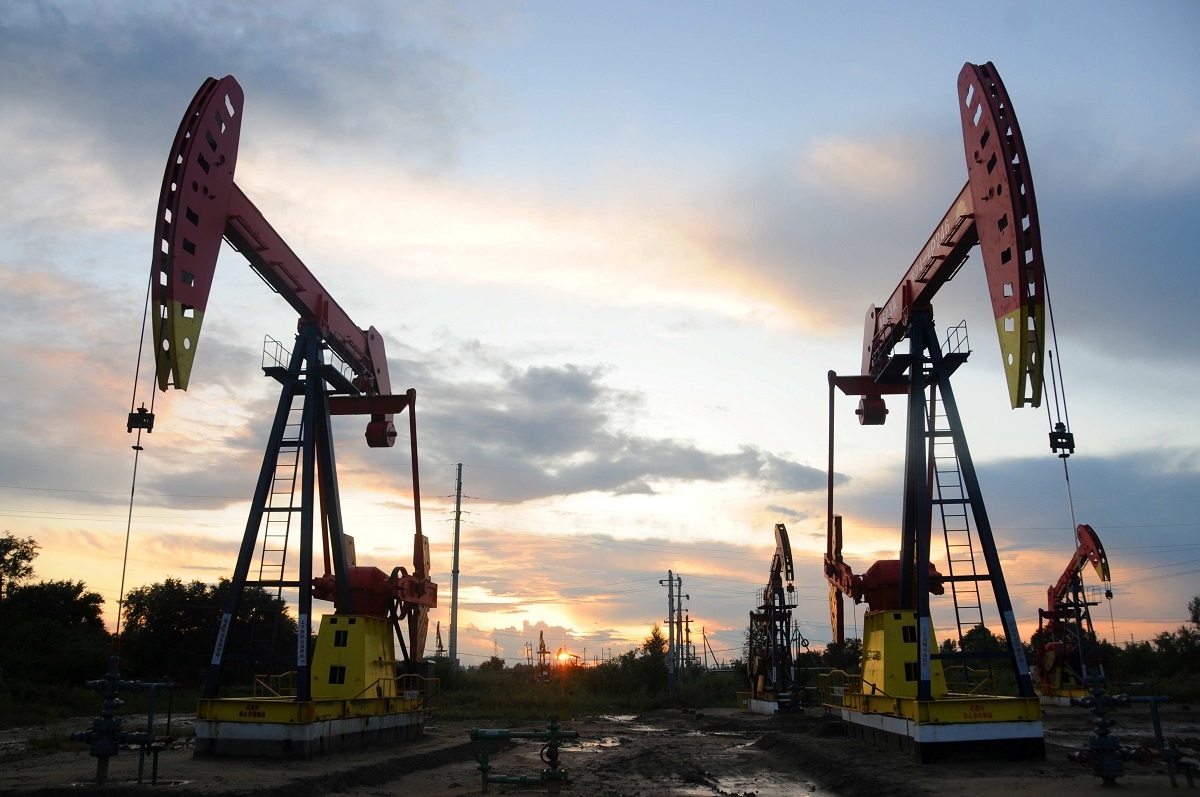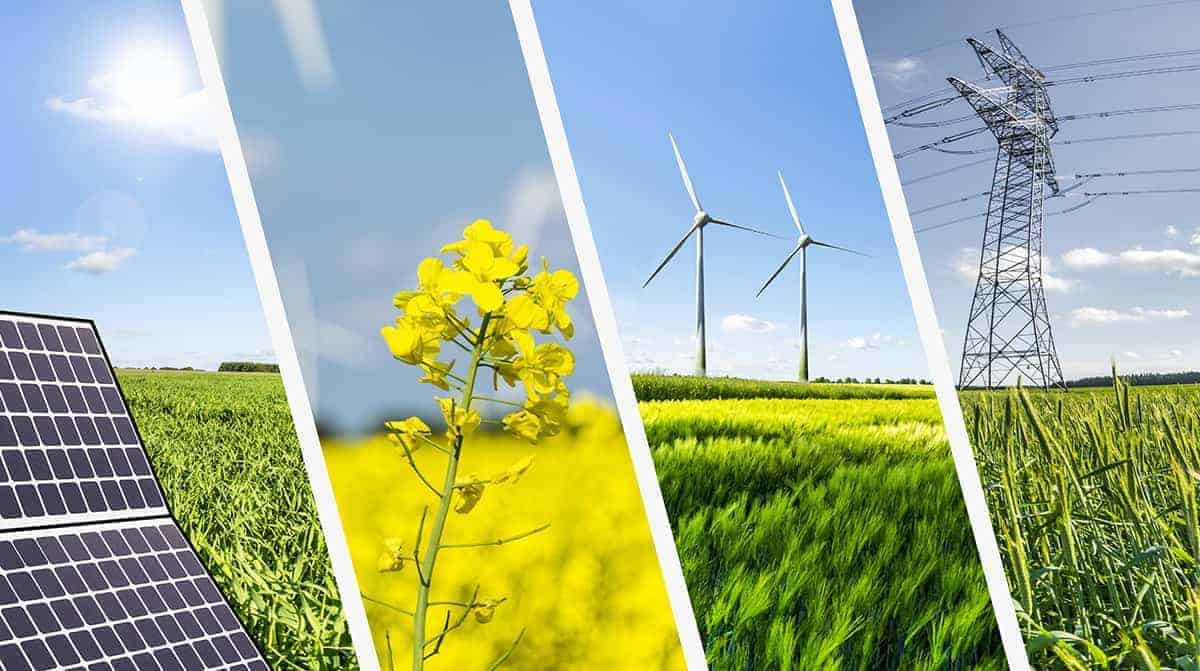Energy is the essential element of production and life. Energy development institutions need a strategic break...
Energy is the essential element of production and life. Energy development institutions need a strategic breakthrough to promote energy efficiency in the process of developing an upper-middle-income country with modern industry in 2030. This breakthrough must simultaneously meet the 3 main requirements of reciprocal relationships.
Price stability
Energy prices have a direct impact on the consumer price index (CPI) and the inflation situation.
If energy prices, directly the price of gasoline, gas, and electricity, increase, the cost of production and the life of each person and each household increases, increasing sales prices, reducing consumption, causing stagnation or even stagnation in production

In 2022, due to the conflict between Russia and Ukraine, global oil prices increased significantly to around $130 per barrel. (Illustration: KT)
The global institution regulates oil prices by regulating reserves, increasing or decreasing supply is usually decided by countries with large reserves and the Organization of the Petroleum Exporting Countries (OPEC).
This institution is also affected by sanctions, embargoes, and the imposition of price ceilings. That is to say, energy is a vulnerable input and a strategic action.
Fluctuations in oil prices can lead to speculation and profiteering in the prices of oil and other commodities, adding to economic instability. This requires perfecting the energy development institution to stabilize prices and this institution must be transparent, subject to the supervision and control of the entities concerned.
Price stabilization measures to increase efficiency and ensure high output require institutional improvement in energy development.

Energy development strategies and planning must respect the principle of priority given to the exploitation and development of renewable energies. (Illustration: KT)
Strict standards for sustainability and net zero emissions by 2050 as part of COP 26 commitments require drastic adjustments to the current energy mix.
Accordingly, energy development institutions must encourage and create conditions to increase investments in renewable energy development alongside the gradual reduction of fossil fuels, and energy balance and gradually comply with the road map to reduce net emissions in accordance with the objectives set.
Currently, Vietnam has a law on the economic use of electricity and many other policies and regulations related to energy development associated with energy saving.
Energy efficiency should be promoted on the basis of reducing energy costs and maximizing positive impacts. In the short term, investing in structural adjustments may be costly, but in the long term, the benefits will be enormous.